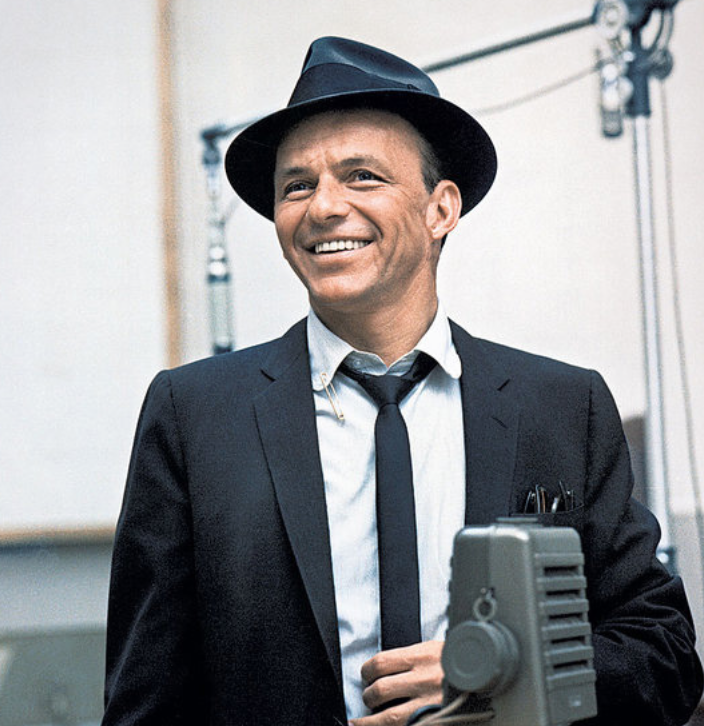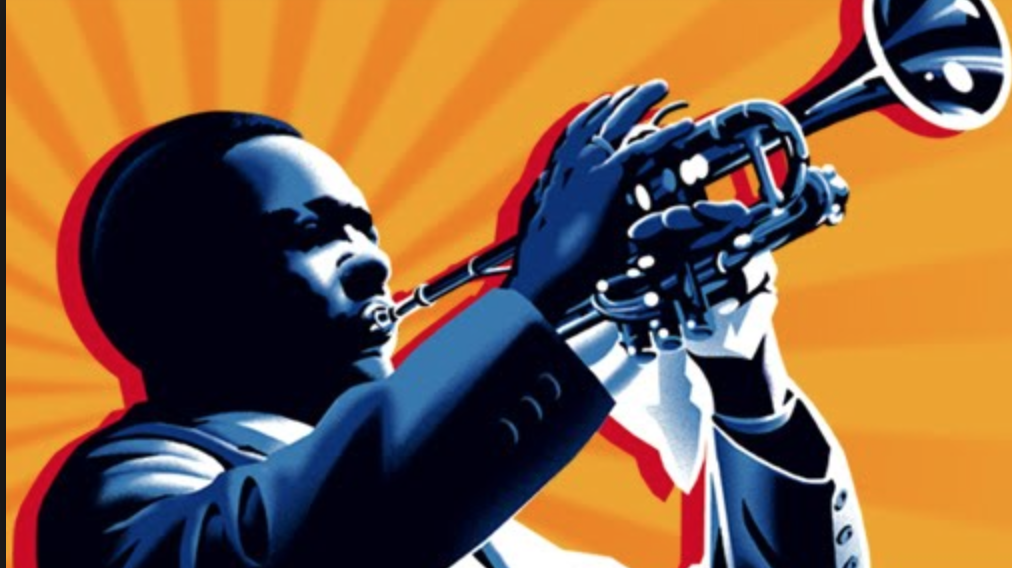Intro
 Aside from instrumental music, vocal songs are the heart and soul of todays and tomorrows popular music. These singers often have other worldly voices that leave us awestruck. Many of us, besides singing in the shower, are often terrible when it comes to singing. However, an individual such as Sinatra, brings a certain color to the canvas.
Aside from instrumental music, vocal songs are the heart and soul of todays and tomorrows popular music. These singers often have other worldly voices that leave us awestruck. Many of us, besides singing in the shower, are often terrible when it comes to singing. However, an individual such as Sinatra, brings a certain color to the canvas.
Early Life
Frank Sinatra was born on the 12th of December 1915. From the very beginning he has been involved in singing. In the late 30's, he had begun his long musical career as a boy singer in swing music. However he first hit it big in the 1940's, when he signed a contract with "Columbia Records", as a solo singer. Throughout the 1950's he worked as an actor, and received an Academy Award, in his first film "From here to Eternity". Rarely writing, Sinatra was purely a singer, in fact only "helping" with writing two songs in his entire career. It wasn't until the 1960's when singer/songwriters could seriously stand toe to toe with Sinatra.
Music
Throughout Frank Sinatra's musical career he was thoroughly successful, making the top charts of popular magazines for decades. He is referred to as one of the greatest singers of all time, having a gifted voice.
 However, because he rarely wrote anything, he can not be said as to "revolutionize" music in the ways of such bands like the Beatles, and Elvis. If anything can be said of Sinatra, it is that he spoke his songs with passion, and an interpretation that could make meek songs, standout as some of the best. Here is a link to just some of his music.
However, because he rarely wrote anything, he can not be said as to "revolutionize" music in the ways of such bands like the Beatles, and Elvis. If anything can be said of Sinatra, it is that he spoke his songs with passion, and an interpretation that could make meek songs, standout as some of the best. Here is a link to just some of his music.


